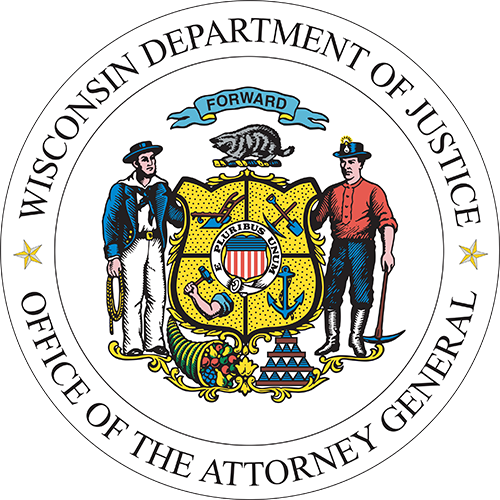AG Kaul Seeks Court Order to Immediately Block DeVos Rule Threatening K-12 Public School Pandemic Relief Funds
MADISON, Wis. – Wisconsin Attorney General Josh Kaul joined an expanded coalition of nine attorneys general and several local jurisdictions on Friday in filing for a preliminary injunction to immediately block U.S. Department of Education Secretary Betsy DeVos’ unlawful attempt to siphon pandemic relief funds away from K-12 public schools while litigation is ongoing. Friday’s action comes in light of efforts by Secretary DeVos to undermine congressional intent through the promulgation of regulations that unlawfully reinterpret the Coronavirus Aid, Relief, and Economic Security Act (CARES Act) and run counter to efforts to ensure that schools have the flexibility they need to tackle the challenges of COVID-19. As a result of the interim final rule, $4,184,515.64 in Wisconsin alone could be diverted away from taxpayer-funded public schools in our poorest school districts to private institutions — in violation of the requirements established by Congress, the Administrative Procedure Act, and the U.S. Constitution.
“As public schools and local governments deal with financial challenges resulting from the pandemic, Secretary DeVos must follow the law that was passed by Congress rather than take money away from public schools,” said AG Kaul.
On March 27, 2020, Congress enacted the CARES Act in response to the ongoing pandemic and its impacts across the country. Under the act, Secretary DeVos is required to allocate funding to help schools prevent, prepare for, and respond to COVID-19. Specifically, the act, among other things, requires the Trump Administration to distribute billions of dollars in aid through the Elementary and Secondary School Emergency Relief Fund and the Governor’s Emergency Education Relief Fund to K-12 schools across the country — with more than $220 million slated for schools in Wisconsin from the combined funds. While the CARES Act provided local authorities with critical flexibility in using these resources, it also established that funds should be distributed in line with Title I of the Elementary and Secondary Education Act of 1965 (Title I). Title I funds are generally aimed at aiding children from low-income families across the country. Under the CARES Act, private schools are only eligible for funds in certain circumstances in line with established Title I criteria. However, in direct contravention of Congressional intent, the U.S. Department of Education’s interim final rule blows up the legislated mechanism by requiring the inclusion of private schools based on the total population they serve, instead of income as provided for by the CARES Act. Moreover, the U.S. Department of Education admits that its rule allows private schools — with tuitions more akin to private colleges — to demand these emergency funds, leaving the poorest school districts with less.
Building on the lawsuit filed last week, Attorney General Kaul urged the court to immediately enjoin the U.S. Department of Education’s unlawful rule, arguing that it threatens imminent and irreparable harm to Wisconsin and the other plaintiffs, to our schools, and to students across the country. As a result of the rule, public schools stand to lose significant CARES Act funds at a moment of crisis, directly contrary to the intent of Congress.
In addition to the arguments made in support of a preliminary injunction, Attorney General Kaul welcomed the addition of Hawaii, Maryland, and Pennsylvania, as well as the cities of Chicago, Cleveland, New York, and the San Francisco Unified School District to the lawsuit coalition.
In filing the brief, Attorney General Kaul joined the attorneys general of California, Michigan, Hawaii, Maine, Maryland, New Mexico, Pennsylvania, and the District of Columbia, as well as the cities of Chicago, Cleveland, New York, and the San Francisco Unified School District.
